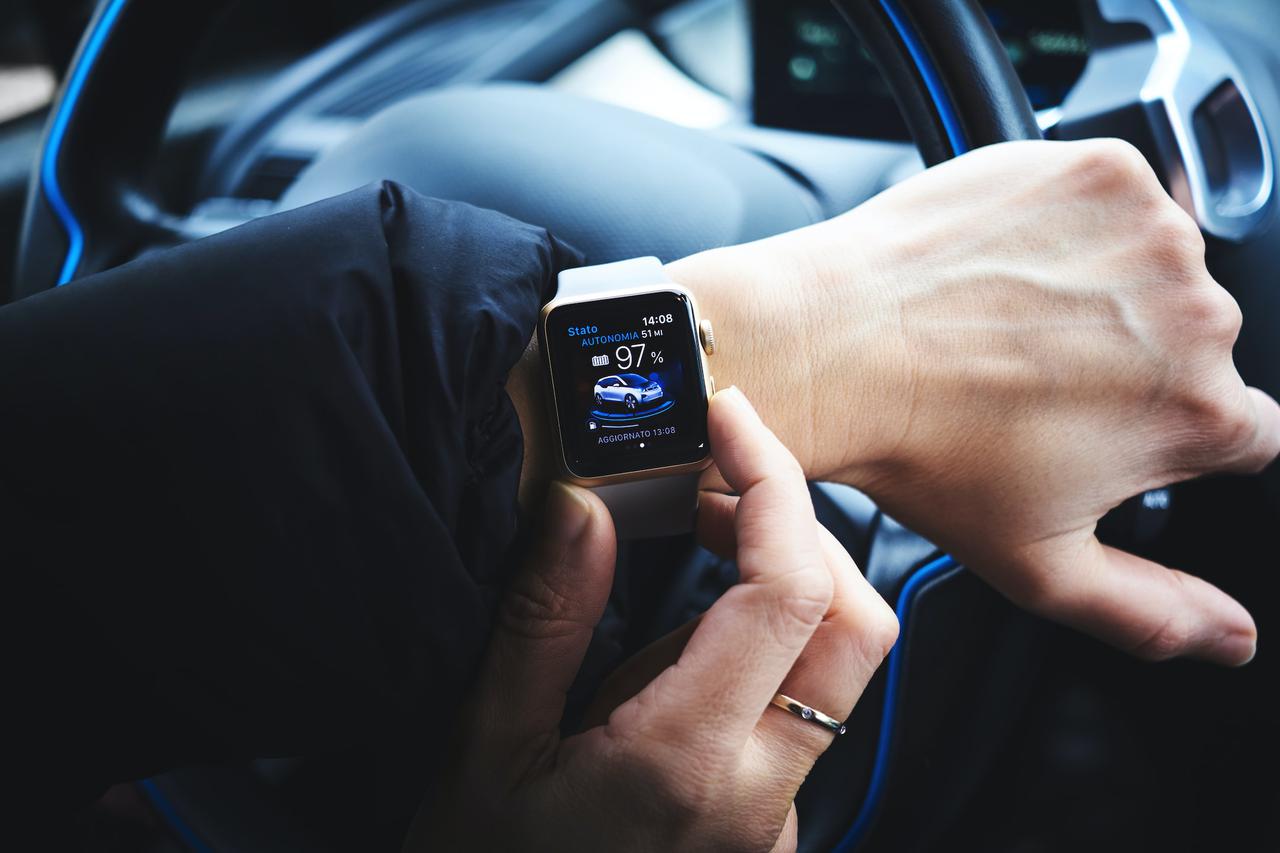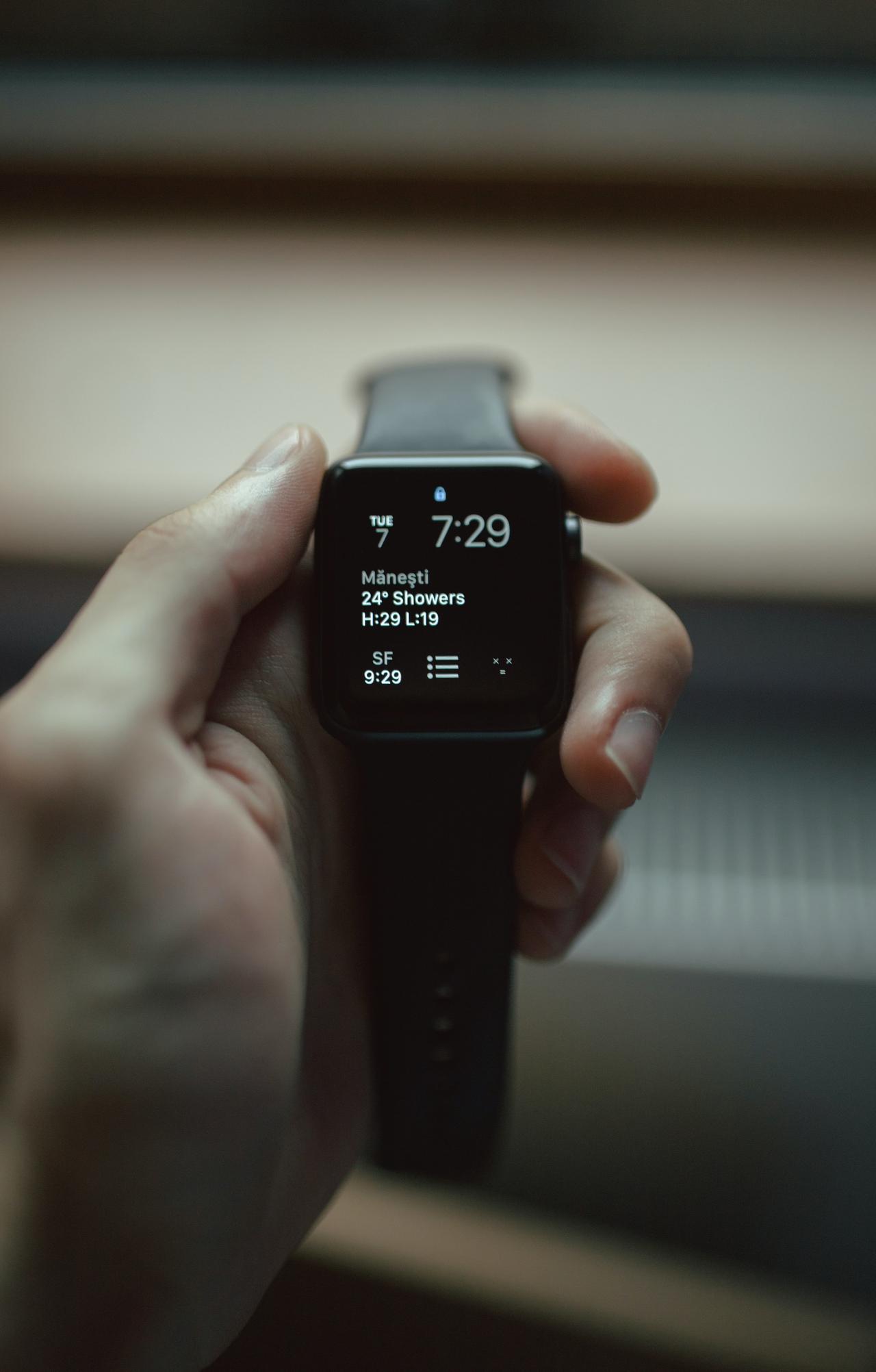In today's fast-paced world, technology has advanced to the point where it is not only limited to our smartphones and laptops. The advent of wearable technology has taken the digital age to the next level. Wearable technology refers to electronic devices that can be worn on the body, such as smartwatches, fitness trackers, and smart glasses. These devices have become popular due to their convenience, portability, and ability to collect and display real-time data, but it does beg the question: how can wearable technology affect your privacy?
How can wearable technology affect your privacy?
While wearable technology, such as smart watches, fitness trackers, and smart glasses, offers numerous benefits, it is important to acknowledge and address the potential impact on one's digital privacy. Here are three key ways in which wearable technology can affect privacy:
Data collection and storage.
Wearable devices often collect personal data, such as location, health statistics, and browsing habits. While this data can be used to enhance our lives, it also raises concerns about how wearable technology can affect your privacy and how access to that information is being used. It is crucial for users to understand the data privacy policies of wearable technology companies and ensure that their data is protected from unauthorized use.
Security risks.
With the increased use of wearable devices, the risk of data breaches and hacking also rises. These devices are often connected to other devices, such as smartphones or cloud platforms, which poses potential vulnerabilities. Users must take precautions by using strong passwords, enabling two-factor authentication, and regularly updating their device's software to mitigate these risks.
Personal tracking.
Wearable devices offer features that allow users to track their activities, monitor their health, and even share their location with others. While these features can be useful, they can also infringe upon an individual's privacy. Users must be aware of the potential consequences of sharing personal information and be cautious about the visibility and accessibility of their data.

Embracing innovation while protecting privacy.
While there are valid concerns about the impact of wearable technology on privacy, it is important to strike a balance between embracing innovation and protecting personal information. So if you’re concerned about how wearable technology can affect your privacy, you can take proactive measures to safeguard their digital privacy:
Opt for privacy-focused devices.
Before purchasing a wearable device, research the company's privacy practices and choose a device that prioritizes data protection. Look for features such as end-to-end encryption, clear data usage policies, and user consent controls.
Review privacy settings.
Take the time to review and customize the privacy settings of your wearable device. Disable unnecessary tracking features and limit the sharing of your personal data with third parties. Be mindful of the permissions you grant to applications and ensure they align with your privacy preferences.
Educate yourself.
Stay informed about the latest privacy threats and best practices. Regularly read privacy policies and understand how your data is being used. Be cautious when sharing personal information and consider the potential consequences before enabling location-sharing or other tracking features.
Are you concerned about how wearable technology can affect your privacy?
Then contact the experts here at Doha Inc. As a subscription-based technology provider, we understand the concerns you have, and we can help alleviate those concerns while keeping you up-to-date on the latest technological advancements. Our wearable tech has the industry’s leading privacy protection safe measures, so you can have peace of mind that the devices you are using are both safe and secure. You can learn more about what separates us from other technology providers, or you can sign up for our free newsletter and keep learning about how technology affects our day-to-day lives.
